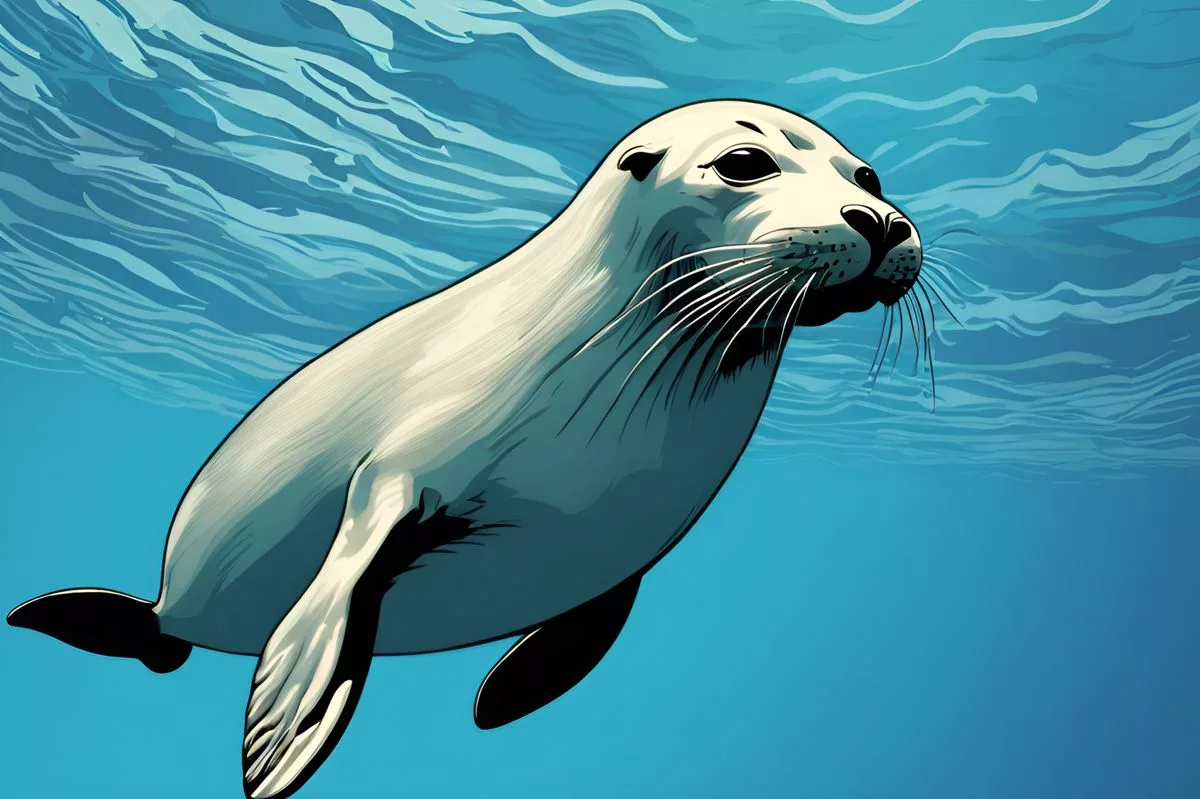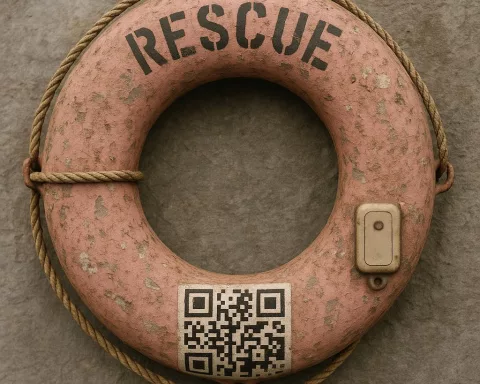At Oudekraal Beach in Cape Town, a fun day of scuba diving turned into a horrifying experience when an aggressive seal attacked several divers. Thanks to the quick response of the National Sea Rescue Institute and emergency services, all the divers were rescued, but some suffered from puncture wounds and required medical attention. This incident, along with previous cases of aggressive seal behavior, calls for increased awareness and caution when engaging with marine animals.
An aggressive seal attacked several divers at Oudekraal Beach in Cape Town, causing concern among local authorities and the Society for the Prevention of Cruelty to Animals. The National Sea Rescue Institute quickly responded to the incident, rescuing all the divers and alerting emergency services. There have been previous cases of aggressive seal behavior, and authorities have warned swimmers and divers to be vigilant in the area. The incidents emphasize the need for increased awareness and caution when engaging with marine animals.
An Unexpected Turn of Events
In the serene beauty of Oudekraal Beach, surrounded by striking turquoise waters, a peculiar incident occurred last Saturday. The day had started routinely. Visitors, absorbing the warmth of the morning sun, were gearing up for a scuba diving expedition. But the peaceful atmosphere of this picturesque location was soon disrupted by a startling incident. A seal, usually a delightful sight, suddenly became aggressive, biting several divers and casting a wave of fear among the vacationers.
Quick Response from the National Sea Rescue Institute
The National Sea Rescue Institute (NSRI), a saving grace in such emergencies, was quickly apprised of the situation involving a multinational group of eight divers. These divers hailed from different corners of the world, including Portugal, Brazil, France, Germany, and South Africa. They were onboard a dive charter boat during the incident. As they dove into the sapphire waves to explore the underwater wonder, the usually amicable seal began to attack. Craig Lambinon, the NSRI spokesperson, narrated the sequence of events where the boat crew displayed admirable professionalism, rescuing all eight divers onto the boat and quickly alerted emergency services.
The City of Cape Town’s Swift Reaction
The City of Cape Town mobilised its water rescue unit immediately after receiving a distress call from ER24 ambulance services. As the dive charter boat, bearing the wounded divers, made its way towards Oceana Power Boat Club (OPBC), paramedics readied themselves for the incoming patients. Among the victims, a Portuguese woman and a South African local, suffered from bite-inflicted puncture wounds. The Portuguese woman was rushed to the hospital, while the South African woman did not require hospital care.
However, the ordeal for the South African woman wasn’t over. Along with a Brazilian man, a French couple, and a local man, she was advised to seek further medical help. They had sustained minor scrape-bite injuries and required broad-spectrum antibiotics, rabies, and tetanus treatments. Meanwhile, a German man and a South African woman from the group had somehow managed to escape the seal’s attacks unscathed.
Previous Incidents and Increased Vigilance
This unfortunate episode instilled a sense of concern within local authorities and the SPCA, leading to increased surveillance. Lambinon, representing the NSRI, warned swimmers and divers in the Oudekraal area and along the Atlantic Seaboard to be vigilant due to the unpredictability of the seal’s behaviour.
Surprisingly, this isn’t the first instance of aggressive seal behaviour. There were previous cases where both residents and tourists found themselves at the wrong end of such attacks. A visitor on Strand Beach was assaulted after accidentally stepping on a seal, resulting in ongoing harassment from the animal that later died from stress.
In another incident, a seal was caught on camera attempting to bite a child on Clifton Fourth Beach. The child managed to escape unharmed thanks to the prompt intervention of the adults present. Regrettably, American actress Loulou Taylor was not so fortunate. After an encounter with the same seal, she had to visit the emergency room for stitches for six bite wounds.
A Call for Increased Awareness and Caution
These incidents highlight the delicate relationship between humans and marine animals as we inhabit these gorgeous coastal regions. While the triggers for such aggressive behaviour in seals remain uncertain, it emphasises the need for heightened awareness and caution when engaging with these aquatic environments.
1. What happened at Oudekraal Beach?
Several divers were attacked by an aggressive seal while scuba diving, causing puncture wounds and requiring medical attention.
2. How did the National Sea Rescue Institute respond to the incident?
The NSRI quickly responded to the distress call and rescued all eight divers onto the boat, then alerted emergency services.
3. What injuries did the victims sustain?
A Portuguese woman and a South African local suffered from bite-inflicted puncture wounds, while other victims sustained minor scrape-bite injuries and required broad-spectrum antibiotics, rabies, and tetanus treatments.
4. Are incidents of aggressive seal behavior common?
There have been previous cases of aggressive seal behavior, including in the Oudekraal area, resulting in warnings from local authorities and increased surveillance.
5. What is the delicate relationship between humans and marine animals?
These incidents highlight the need for increased awareness and caution when engaging with marine animals in their natural habitats, as we inhabit these coastal regions.
6. What should swimmers and divers do to stay safe in these environments?
Swimmers and divers should be vigilant and cautious when engaging with marine animals, as their behavior can be unpredictable. It is important to respect their space and not disturb them, and to seek medical attention if injured.












